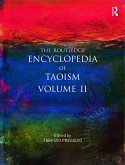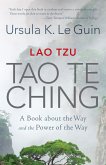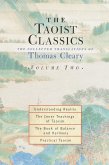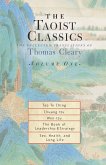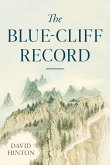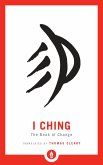The Daoist canon is the definitive fifteenth century compilation of texts concerning ritual, alchemical and meditation practices within Daoist religion. Many of these texts are undated and anonymous, so dating them is essential for a clear understanding of the development of Chinese alchemy, and the place of these texts in history. Ho Peng Yoke's "Explorations in Daoism" brings together an extraordinary compendium of data on alchemical knowledge in China, describing the methods used for dating important alchemical texts in the Daoist canon, and reconstructing and translating a number of alchemical texts that exist only in fragments scattered throughout the Daoist canon, pharmacopoeia and other compendia. This book provides a clear guide for students and scholars about the methods required for dating and reconstituting texts using techniques that can be applied to other areas of traditional Chinese culture also. As such, this book will appeal to those interested in Chinese alchemy, the history of science, Daoism and Chinese history.
Hinweis: Dieser Artikel kann nur an eine deutsche Lieferadresse ausgeliefert werden.
Hinweis: Dieser Artikel kann nur an eine deutsche Lieferadresse ausgeliefert werden.


